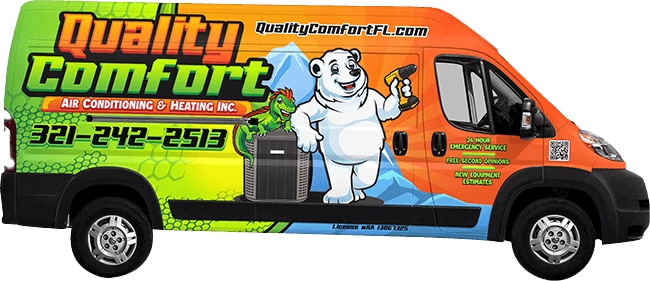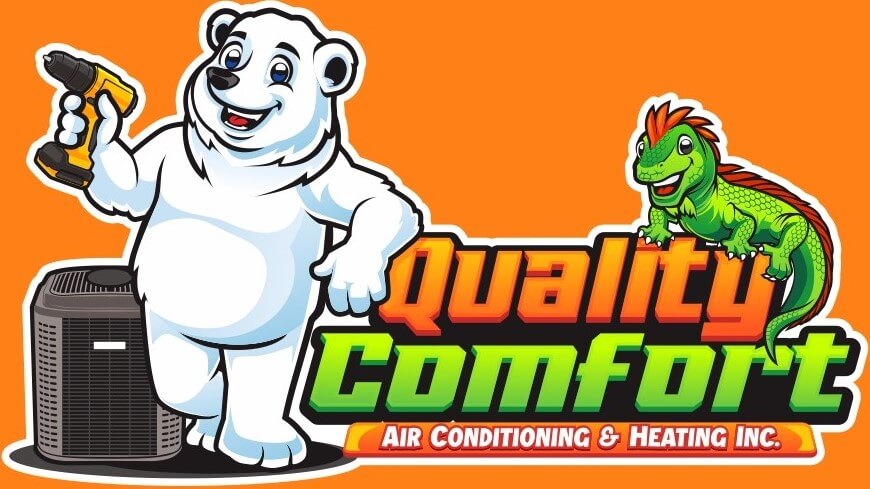


As the sweltering heat of summer approaches, it's essential to ensure that your air conditioning system is functioning at its best. Regular maintenance and prompt air conditioning repair not only keep your home comfortable but also prevent costly breakdowns. In this comprehensive guide, we'll explore the importance of recognizing the need for AC repair, choosing the right air conditioning repair service, and maintaining your system for optimal performance.
Being proactive about your air conditioning system is crucial to avoiding costly repairs and ensuring efficient operation. But how do you know when your AC unit needs attention? Common signs include strange noises, poor airflow, and inconsistent temperatures. A noisy air conditioner may require the installation of a sound blanket to dampen the noise and improve your comfort.
Timely scheduling of air conditioning repair is essential for a comfortable living environment. Promptly addressing potential issues not only helps reduce costs but also expedites the repair process. Ignoring the need for AC repairs can lead to further damage and increased energy expenses.
It's important to keep in mind that air conditioning systems are complex, and sometimes the issue may be beyond your expertise. In such cases, it's best to consult a professional technician to ensure that your AC unit is serviced correctly and efficiently.
Selecting the right air conditioner repair service is crucial for quality work and customer satisfaction. When evaluating potential benefits, consider the company's customer satisfaction guarantee, qualifications of their technicians, timeliness, and the services they provide.
One example of a reputable air conditioner repair service is Quality Comfort Air Conditioning And Heating Inc., which offers AC installation, repair, and maintenance services
Remember that the cost of AC repairs can vary depending on the complexity of the job and the parts required. So, before deciding, it's essential to weigh the costs against the benefits and choose a service that offers the best value for your money.
Delaying AC repairs can lead to further damage and increased energy costs. By addressing problems promptly, you can conserve funds by averting costly replacements, enhancing air quality, diminishing humidity, and having peace of mind.
In addition to preventing additional damage, timely AC repairs can also help improve the overall performance of your system. For instance, if your AC unit is tripping the circuit breaker, addressing the issue quickly can prevent further complications and ensure that your home remains cool and comfortable.
While attempting DIY AC repair might seem cost-effective initially, it can be more expensive in the long run due to the lack of technical knowledge, limited access to components, and potential safety risks. Without proper expertise, you may inadvertently cause more harm than good to your air conditioning system.
On the other hand, engaging a professional for AC repair ensures timely service and can prolong the service life of your AC. Technicians are trained to diagnose and fix issues efficiently, saving you time and money in the long run.
Weigh the risks and benefits before deciding whether to tackle an AC repair yourself or call in a professional. In most cases, it's better to pay for expert service to avoid complications and ensure that your air conditioning system is functioning optimally.
Preventive maintenance is crucial for prolonging the service life of your air conditioning system and identifying potential issues before they escalate. One essential maintenance task is frequently replacing or cleaning the filters, which can significantly impact the system's efficiency.
It's recommended to clean the area around the outdoor condenser coil, remove debris, and trim foliage back at least 2 feet (0.6 meters) to allow for adequate airflow around the condenser.
Annual system maintenance is necessary for manufacturer and repair warranties to remain valid. Regular maintenance tasks include inspecting the evaporator coil, cleaning the fins with a soft-bristle brush, and checking for refrigerant leaks.
Understanding the key components of your air conditioning system and their roles can help you troubleshoot issues and communicate more effectively with technicians. A central air conditioner is composed of an outdoor unit (compressor/condenser) and an indoor unit (evaporator). The compressor is responsible for compressing the refrigerant gas and raising its temperature, while the condenser coil dissipates the heat absorbed by the refrigerant.
The evaporator coil, on the other hand, absorbs heat from the indoor air, cooling it as it passes through the coil. The indoor unit of a heat pump is located in the air handler. Familiarizing yourself with these components can help you better understand your air conditioning system and facilitate more effective communication with technicians during repairs.
There are various types of air conditioners, including window units, split systems, central air, and heat pumps. Each type has its specific repair needs and considerations. Using an AC unit that is insufficient for the area it needs to cool can lead to increased energy consumption and accelerated deterioration. This can also make it difficult for the unit to meet the requirements of the thermostat. Ensuring you have the appropriate type and size of air conditioner for your space is essential for optimal performance and longevity.
Regardless of the type of air conditioner you have, regular maintenance and prompt repairs are crucial for keeping your system running efficiently and preventing costly breakdowns. Consult a professional air conditioner repair service to address any issues that may arise with your specific AC unit.
Seasonal changes can have a significant impact on your air conditioning system, increasing or decreasing the load on the system. During warmer months, your AC unit works harder to maintain a comfortable indoor temperature. Conversely, during cooler months, the demand for cooling is reduced, easing the strain on your system.
To prepare for seasonal changes, ensure your home is well-insulated and check for air leaks around windows and doors. This can help maintain a consistent temperature and reduce the load on your air conditioning system.
Proper maintenance and timely repairs are also essential in ensuring your AC unit can handle seasonal fluctuations efficiently.
Improving the energy efficiency of your air conditioning system not only benefits the environment but also helps save money on your energy bills. Some effective measures include proper insulation, sealing air leaks, and utilizing a smart thermostat. Regular maintenance, such as replacing dirty filters, can also improve energy efficiency. The air filter plays an important role in energy efficiency. In fact, replacing a dirty, clogged filter with a clean one can reduce overall energy consumption by as much as 15%.
By implementing these energy efficiency tips, you can keep your air conditioning system running smoothly while minimizing your energy consumption and reducing your overall carbon footprint.
Air conditioning systems can experience various issues, such as refrigerant leaks, dirty filters, malfunctioning thermostats, uneven temperature distribution, and leaking ducts. Understanding these common problems can help you identify and address them effectively.
In some cases, simple solutions like replacing the air filter, inspecting the thermostat, cleaning the condenser coils, and checking for refrigerant leaks can resolve the issue. However, if you're uncertain about the cause of the problem or the appropriate solution, it's best to consult a professional technician for assistance.
Regular maintenance and timely repairs can help prevent many of these common issues, ensuring that your air conditioning system remains in optimal condition throughout the year.
In conclusion, maintaining and repairing your air conditioning system is essential for ensuring optimal performance, energy efficiency, and longevity. By recognizing the need for repairs, choosing the right service, and performing preventive maintenance, you can keep your system running smoothly and enjoy a comfortable living environment.
Understanding the components and functions of your air conditioning system, as well as the specific repair needs for various types of air conditioners, can help you effectively address any issues that may arise. Additionally, implementing energy efficiency measures and adapting to seasonal changes can further improve the performance of your system.
As the temperature rises, take the necessary steps to ensure your air conditioning system is functioning at its best. Stay cool, conserve energy, and enjoy the comfort of a well-maintained air conditioning system.
It is possible that your AC is running but not cooling due to a malfunctioning thermostat or compressor, a blocked condenser coil, or dust and debris preventing the air conditioner from working properly.
If none of these issues are detected, it is recommended to call a Quality Comfort Air Conditioning specialist for diagnosis and repair.
It is generally not recommended to replace just the outside AC unit. To ensure optimum efficiency, efficiency, and warranty coverage, it is typically best to replace both indoor and outdoor units.
Additionally, replacing only one may lead to unnecessary expenses or lead to early AC failure.
Depending on the type and size of your air conditioning system, as well as the problem at hand, repairing an AC can come with a hefty price tag ranging from $200 to more than $1,000.
Central air conditioning systems typically cost $200–$650 for most repairs.
It is likely that your AC is running but not cooling due to a clogged condenser coil, which prevents air from flowing into the outdoor unit and pulling heat energy out.
Additionally, there could be an issue with the thermostat, compressor, or evaporator coils. Professional servicing may be needed to diagnose and fix the underlying problem.